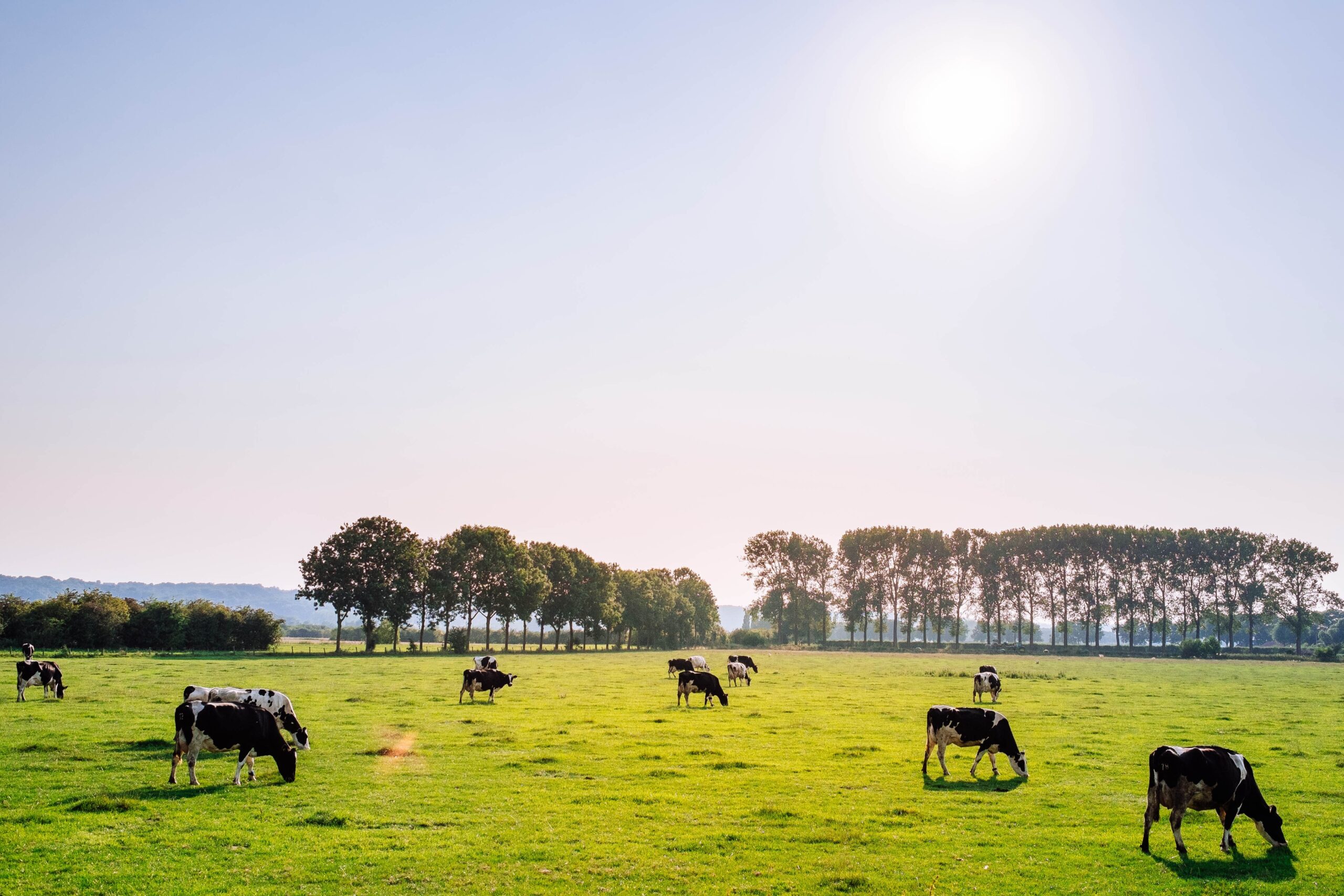Technological innovation holds vast potential to improve environmental outcomes, by allowing us to make more with less. That process can be sped up even further if we increase the value people receive for conserving environmental assets. In this way, free market environmentalism can be the key to unlocking the potential of environmentally beneficial innovations, by giving people an incentive to adopt them.
Recently, the Breakthrough Institute published a report suggesting the world may have reached peak pasture. After centuries of converting land from forest, grasslands, or wetlands to feed a growing, prospering population with an appetite for meat and dairy, the amount of land devoted to pasture has subsided worldwide in recent decades, allowing an area the size of Peru to be put to other use or returned to its natural state.
Many high-income countries saw pasture area peak as early as the 1960s and decline consistently since then. But in the past two decades, this pattern has spread to most of the rest of the world, with more than two-thirds of all countries now experiencing flat or declining pasture area. Notably, since 2000, pasture has also leveled off in the rapidly developing middle-income countries that saw the greatest pasture expansion in the late 20th century, including China and Brazil, as well as in low-income countries.
Driving this global trend is increasing productivity—producing more ruminant meat and milk with less land. Between 2000 and 2013, even as pasture area has declined, ruminant meat and milk production has gone up by 13% and 32%, respectively. In other words, there has been a great decoupling of production from pastureland—a “livestock revolution.”
This trend of land conversion eventually reversing has occurred in many other contexts at the local and regional level. For instance, 80% of New England is thickly forested today, double the percentage from the mid-1800s. But there’s a big difference between a local turn-around (which may reflect that conversion has simply moved elsewhere) and a global shift like what’s happening with pasture, especially when it comes to overall environmental outcomes.
Although technological innovation is the necessary supply of these opportunities, the demand side is equally important. In some sense, that demand may be inherent—ranchers will seek opportunities that increase their profit, including productivity increases that cost less than they benefit. But demand could be juiced further by increasing the value assigned to environmental benefits. Landowners internalizing those trade-offs, however, requires markets that reward people for good stewardship decisions.
Free market environmentalism can provide these incentives. For instance, the American Prairie Reserve is working to establish the largest private nature reserve in the country by acquiring private ranches in eastern Montana and rights to surrounding federal properties. Its work creates demand for better ranching practices in a variety of ways.
First, APR is purchasing properties from willing sellers, creating a market for lands that retain conservation values. To obtain its properties, APR must outbid other interested purchases by offering a premium for those environmental values. This affects the local market for similar properties, encouraging other landowners to internalize these benefits and confront trade-offs. A rancher who may want to sell someday must consider whether her use of the land today will lower the environmental premium she could fetch in the future.
Second, APR is encouraging neighbors to adopt environmentally friendly practices with spillover effects on their own property. For instance, it rewards other ranchers for adopting wildlife-friendly practices or restoring streams by paying a premium for beef produced on ranches that adopt these practices. Some of these practices may also increase the productivity of the land, but APR does not rely on that alone to incentivize the transition.
Greater embrace of free market environmentalism could make similar markets possible. If wealthy environmentalists in the developed world highly value rare species in Africa or preserving the Amazon, converting those values into market signals to landowners and communities who live in these areas could speed decoupling revolutions.
In the short term, it would encourage people to adopt potentially expensive technology or practices, making them profitable where they achieve good environmental outcomes. In the longer term, it could steer future breakthroughs, by signaling that innovations that maximize productivity and environmental benefits are more valuable than those that just increase productivity.
Change is never easy, of course—few worthwhile things are. Economic transitions, in particular, can be politically or socially disruptive, and any backlash may focus on the visible environmental efforts encouraging their acceleration (especially if those efforts are led by perceived outsiders). That’s the case for APR, for example, which faces significant political opposition because it’s a visible part of the changing way of life in the region. But it’s still better—for all involved—than the alternatives of resolving everything politically and costly (and ultimately fruitless) resistance to beneficial change.




